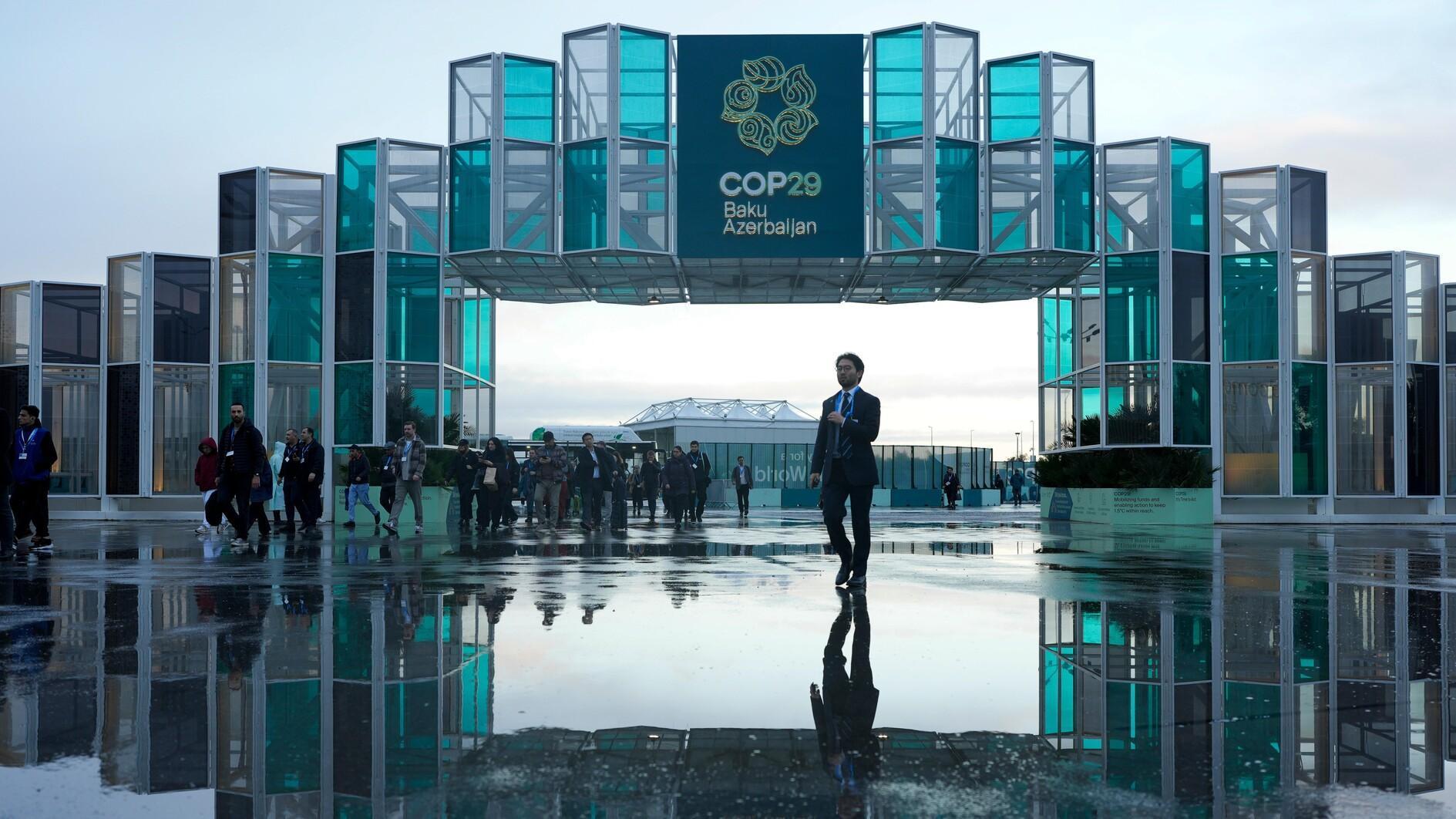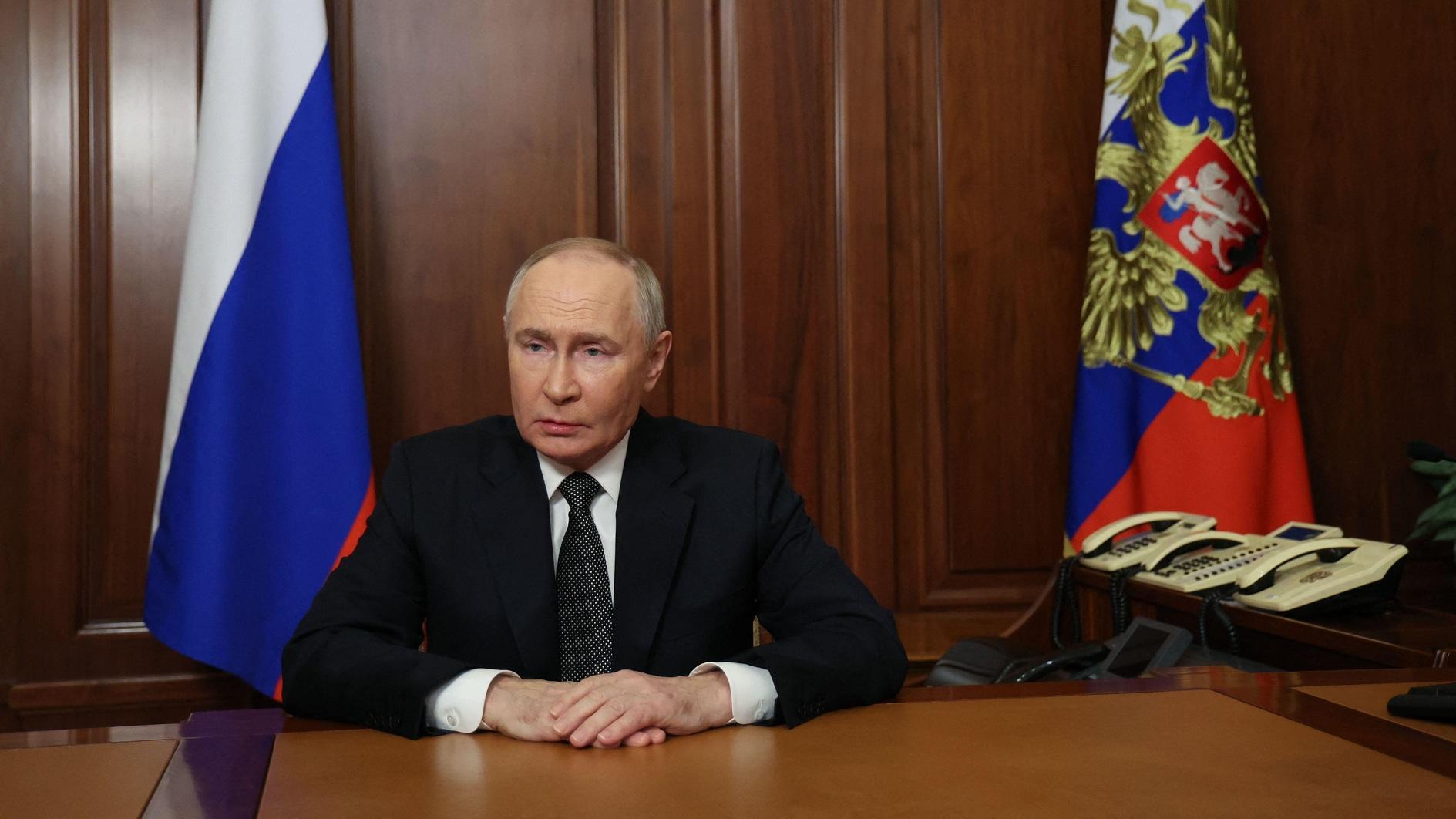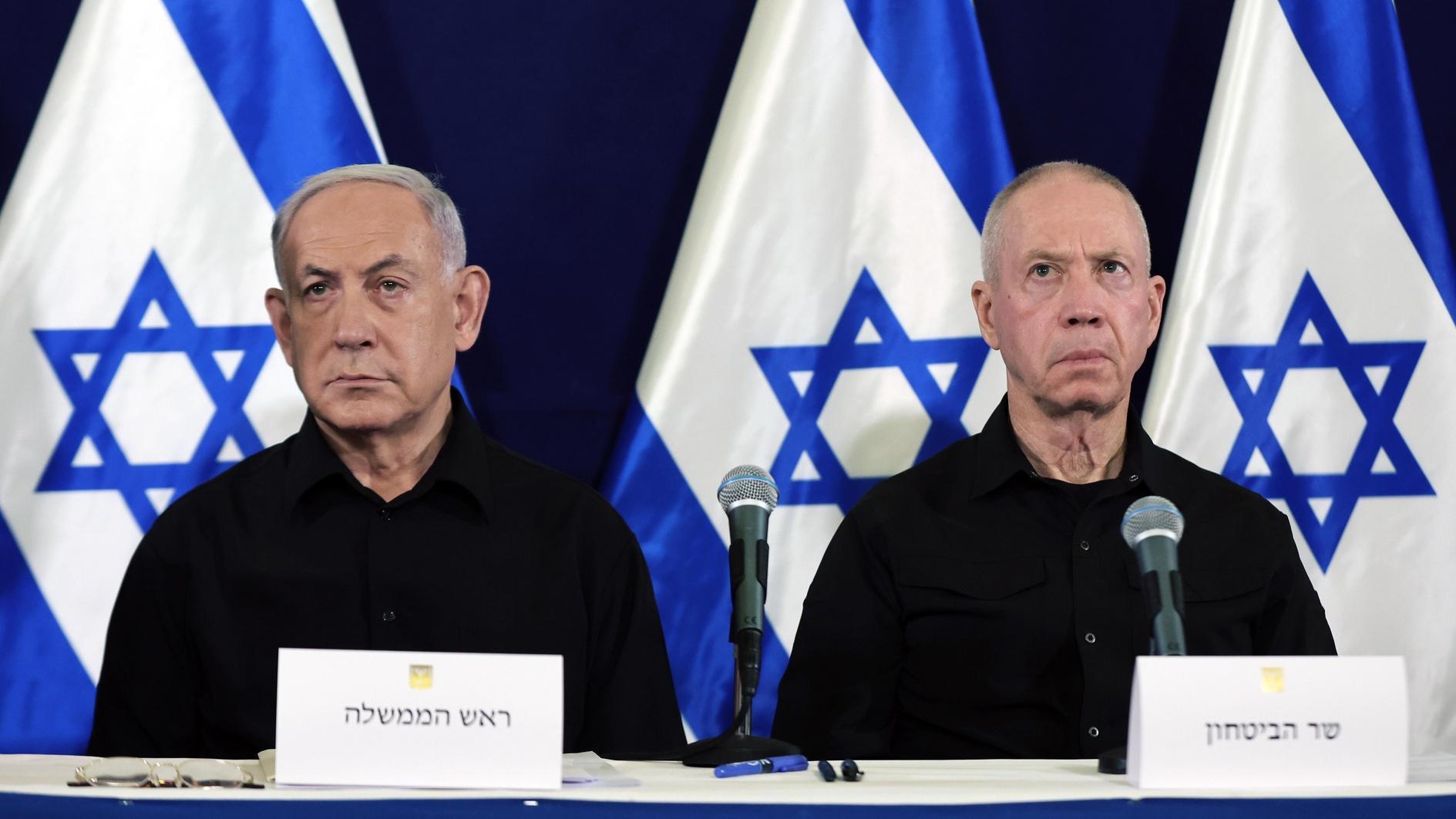The difficulties of governing and the risks of ruling
Before the general elections of 2011, I wrote that Recep Tayyip Erdoğan would get the majority vote “to rule” the country after the election but that it seemed that he would not be able “to govern” Turkey. We all know that his and his party’s understanding of democracy is limited to majority rule and “authentic representation” (which means the rule of the “non-alienated” sons of the country) as I call it.
Now, after the Gezi Park/Taksim demonstrations have turned into some form of upheaval, his lack of ability to effect democratic governance has become even more obvious. The PM has always behaved more as “a ruler” rather than a democratically elected politician. His references to democracy have always been limited to the majority vote and he has always thought that the majority vote is the only source of “democratic legitimacy.” Therefore, he feels confidently that he is the “legitimized ruler” of the country. In fact, democratic legitimacy is not confined to the majority vote and modern politics is not all about “ruling.” Democratic governance is only possible by considering the conditions of the political division of power on one hand, and the existence of pluralistic society with its individual rights and rights of dissent and freedom of expression on the other.
PM Erdoğan should be thinking that the only difference between the traditional “politics of ruling” and the modern “politics of governance” is about the change in the method of political succession, in which it is now about “being elected by the majority” in modern times, whereas it was hereditary in traditional societies. That is why, in many cases, he behaves like an elected sultan, so much so that he does not even dare to hold a dialogue with political actors other than his political cadres. For instance, he refuses to talk to Kurdish politicians while the peace process is on – only his nominees like ministers and the intelligence chief do so. In the case of the Taksim events, he does not even dare to address those people who have demands, as if it would be a humiliation. He calls public servants in personal terms like “my governor,” “my minister,” “my police chief” and so on.
Until now, such an understanding of politics was parried away by sycophants from different ideologies and circles as his “style.” That is how things culminated to this point that despite a very big and democratic show of dissent, he keeps on humiliating the public, ordering public servants and calling his supporters to show off against “trouble makers” in Taksim.
This is, finally, the most disturbing part of his Taksim policies, since it seems that his understanding of “democracy as ruling with a majority” may turn into “mob rule” any time that he feels his power is challenged. I do not hesitate to call AKP rallies of support (one in the airport and two others are arranged for next weekend) as “mob” since these are being organized by the AKP to show off the loyal supporters of the government.
The PM and his party should consider the fact that “governing” in the true spirit of democracy may be rather difficult to maintain, especially in a country like Turkey where the challenges are numerous; nevertheless, “ruling” by majority is really risky, not only for the prospect of Turkey in general but also for AKP government in particular.











